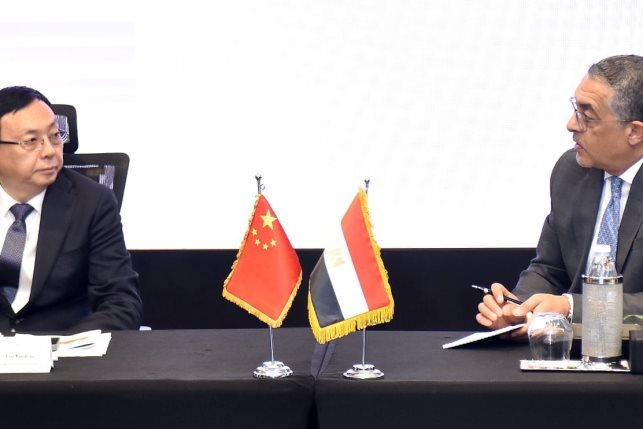Egypt’s PMI for November records fastest contraction rate since 2020, falls to 45.4
Private non-oil businesses are looking ahead a little bit more optimistically following a series-record low in October’s PMI survey

Private non-oil businesses are looking ahead a little bit more optimistically following a series-record low in October’s PMI survey, revealed the newest PMI report by S&P, citing inflationary concerns along with climbing interest rates, the EGP devaluation, and global economic conditions.
The non-oil private sector contracted at its sharpest rate since early 2020 as the EGP’s depreciation against the USD affected the cost and the availability of foreign goods, as well as the MPC’s interest rate hike of 2% in late October.
The S&P’s purchasing manager’s index (PMI) report recorded a significant contraction, with Egypt’s PMI dropping to 45.4 in November compared to October’s 47.7, well below the 50.0 threshold that separates growth from contraction.
This is the second-lowest recording since June 2020 and the 24th successive month of contraction.
“Egyptian firms faced an immediate hit to demand from a rapid depreciation of the pound since late October, with the November PMI results signaling the worst drops in output and new orders since May 2020… The pound's depreciation against the US dollar led to a marked increase in prices paid for raw materials, which have already been exacerbated by import restrictions since early 2022,” wrote S&P Global Market Intelligence economist David Owen in the report.
The report revealed that business output fell at its sharpest rate since May 2020, with the EGP’s depreciation causing led purchase prices to rise at the sharpest pace in over four years, adding that new orders also declined significantly.
However, the sub-index for future output expectations improved to 55.7 after falling to a record low of 52.2 in October.
Around 42% of businesses surveyed noted a rise in total input costs over the month, with 14% reporting an increase in their selling prices, indicating that companies are shouldering a majority of rising costs.
The PMI's sub-indices for both overall input and purchase prices fell to 72.4, their highest since July 2018, from October's 63.5, according to Reuters.
“While the latest FX move signals a further rise in inflation in November, it is hoped that slowing demand and falling commodity prices will start to alleviate price pressures in the medium- to long-term,” said Owen.
On the purchasing side, rising import costs and falling new orders prompted firms to rapidly cut input buying levels in November. Some companies mentioned utilizing old stocks to meet demand, contributing to a slight reduction in total inventories, explained the report.
On employment, Egyptian non-oil businesses continued to expand employee numbers for the fourth consecutive month in November, the quickest rate for more than three years.





